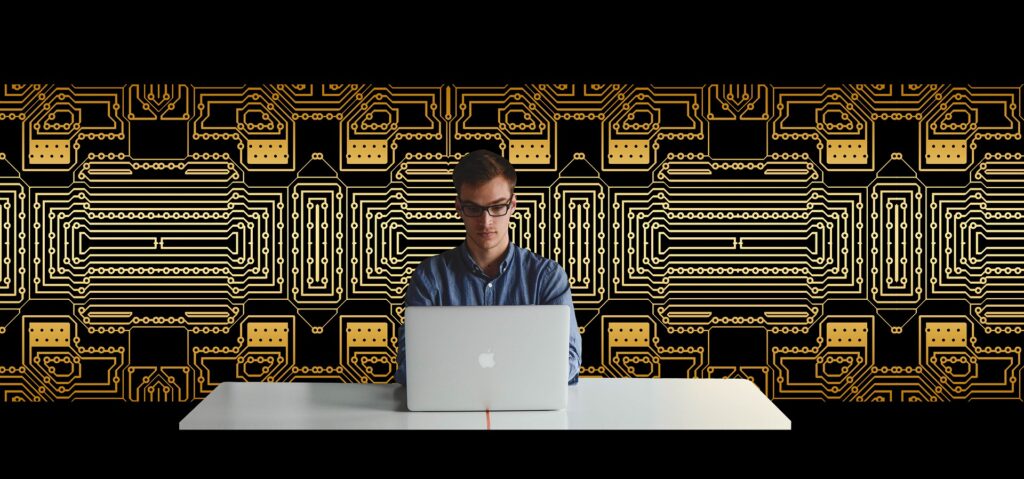There are many different types of distribution channels, but all of them share one common goal: to get a product or service to the end consumer in the most efficient way possible. Distribution channels can be short or long, and depend on the number of intermediaries required to deliver a product or service to a consumer.
Definition Of Channels Of Distribution
A distribution system is made up of intermediaries and businesses that a product or service must travel through before reaching final customers. In short, it is the path that a product or service travels through before reaching the end consumer. The intermediaries in a distribution system are businesses or individuals that are in between the producer or manufacturer and the consumer.
These channels often include:
wholesalers
distributors
retailers
online stores
and even middlemen
Distribution Chain And Examples
There are three main types of distribution channels and each type includes some sort of combination of manufacturer, wholesaler/retailer, and the final consumer.
1. Manufacturer/ Producer: This is the most direct and simplest distribution channel. The manufacturer often contracts with a wholesaler to handle the distribution of its products and the manufacturer retains the right to approve any products that are to be sold.
2. Wholesaler/Retailer: This channel exists when a manufacturer or producer contracts with a wholesaler or retailer to handle the distribution of his products. A wholesaler is a business or person that buys a product or service in large quantities and then sells it to retail stores at a lower price. Wholesalers are often responsible for buying goods in bulk, packaging, labeling, and distributing the goods.
3. Distributor: A distributor is a business that purchases a product or service in large quantities, such as a manufacturer or wholesaler, and then sells it to other businesses or individuals at a lower price. Distributors are often responsible for maintaining inventory, delivering goods, and collecting payment.
4. Final Consumer: This channel exists when a wholesaler or retailer sells products directly to consumers, who may purchase the product for final consumption.
Why Distribution Channels Are Important
Some people might think that channels of distribution are just a way to talk about the different parts of the supply chain. In reality, they are an important part of any business. They are a key component of the way in which the supply chain works.
In a business environment, distributors, wholesalers, and retailers are essential in order for a business to reach the end consumer. They are a key part of the business they come with the following benefits;
Channels Of Distribution Types
Businesses use three main distribution channels: direct, indirect, and hybrid. They also vary depending on the many steps that a product goes through.

1. Direct Sales: Manufacturer -> Consumer
This is also known as a traditional distribution method, it involves just the manufacturer and the customer, and “selling it” typically refers to selling it directly to clients through a website or a physical shop.
An example of direct sales to customers occurs with a farmer who sells his produce directly to his customers. This form of retail contrasts with more traditional wholesale markets. The wholesale markets are larger and more complex, and they become the primary distributors of produce.
2. Indirect Sales: Manufacturer → Wholesaler → Retailer → Distributor
This is the channel that introduces a new type of intermediary: the wholesaler. The wholesaler is an intermediary that buys a product or service from the manufacturer and then sells it to the retailer. The wholesaler usually offers a better price for the product than the manufacturer does.
An example of indirect sales is a wholesaler who buys a product from a manufacturer. The wholesaler then sells the product to the retailer/final consumer, who is aware that the product is sold by a wholesaler and a salesperson who works at a retail store is an example of an indirect sales agent.
3. Hybrid Manufacturer → Authorized retailer → Final Consumer
A mix of direct and indirect distribution channels. Authorized retailers are retailers who have the right to sell a product or service under the trademark of a certain company. The authorized retailer is directly connected to the manufacturer, wholesaler, and retailer. This is a good way to get a product to a consumer if you cannot afford the cost of a wholesaler or retailer.
Conclusion
Manufacturers are given more assistance in distributing their products, accelerating the process and increasing revenue. Consumers receive an easier way to purchase products, improving customer satisfaction.
Furthermore, the manufacturer and wholesaler gain a better understanding of the market and can better utilize the product. At the same time, the retailer gains a better understanding of its customers and a steady supply of products. These findings in the study that was done on the channels of distribution prove that they are beneficial to all parties. Subscribe to our mailing services for free today to get the latest updates when we post related articles or contact us for further assistance.

